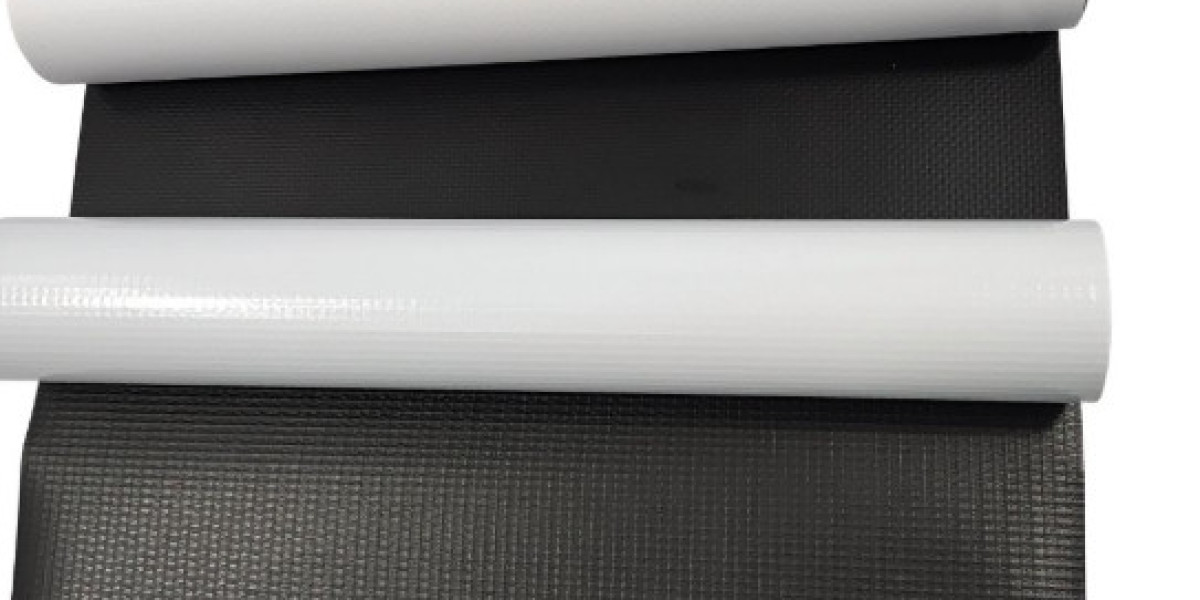The Rubber Processing Chemicals Market is experiencing steady growth, driven by increasing demand from automotive, construction, and industrial sectors. These chemicals play a critical role in enhancing the durability, flexibility, and resilience of rubber products. With the expansion of the tire industry, heightened focus on sustainable solutions, and continuous innovation in rubber vulcanization processes, the market is projected to witness remarkable advancements in the years to come.
Market Overview
Rubber processing chemicals include a wide range of additives such as accelerators, antioxidants, curing agents, and anti-degradants. These compounds are essential for improving the physical and chemical properties of natural and synthetic rubbers. One of the most significant applications lies in the tire industry, where manufacturers rely on these chemicals to enhance safety, longevity, and performance.
As global mobility increases and vehicle production surges in emerging markets, the demand for rubber-based components, particularly automotive tires, continues to rise. This trend is directly fueling the expansion of the industrial rubber sector, which also depends on specialized chemicals for improved strength and performance in hoses, seals, and conveyor belts.
Role of Rubber Vulcanization
One of the most vital processes in rubber manufacturing is rubber vulcanization. This chemical reaction, typically involving sulfur and accelerators, transforms sticky and fragile raw rubber into an elastic, durable material. Vulcanization enhances tensile strength, elasticity, and resistance to abrasion, heat, and chemicals. Without this process, the tire industry and other rubber-dependent sectors could not achieve the performance standards demanded by modern consumers.
The development of innovative accelerators and eco-friendly curing agents is now a key focus for rubber chemical suppliers. These advancements are essential not only for meeting stringent environmental regulations but also for improving efficiency in production and reducing overall accelerator price volatility.
Growing Applications in Industrial Rubber
Beyond tires, industrial rubber products represent another significant growth avenue for the rubber processing chemicals market. Industries such as construction, oil & gas, and mining use rubber hoses, gaskets, seals, and conveyor belts in challenging environments. These applications require chemicals that enhance resistance to heat, weathering, and mechanical stress.
For instance, the use of anti-degradants and antioxidants prevents premature aging, ensuring longer lifespans for critical components. As global infrastructure development accelerates, especially in Asia-Pacific and the Middle East, demand for high-performance tire chemicals and industrial rubber additives is expected to surge.
The Role of Rubber Chemical Suppliers
The supply chain for rubber chemicals is complex, involving multinational corporations and regional manufacturers. Leading rubber chemical suppliers are focusing on developing sustainable and bio-based alternatives to reduce environmental impact. These suppliers play a crucial role in maintaining stable pricing structures and ensuring timely availability of chemicals such as accelerators, antioxidants, and curing agents.
Price fluctuations remain a challenge, especially when it comes to accelerator price trends. Factors like raw material availability, energy costs, and regulatory policies can influence pricing. For the tire industry, which operates on tight profit margins, even minor changes in the cost of tire chemicals can significantly affect profitability.
Market Dynamics
Drivers
- Tire Industry Expansion: The global boom in automobile sales, coupled with increasing demand for replacement tires, is one of the strongest growth drivers. Rubber processing chemicals are indispensable for tire performance and safety.
- Rubber Vulcanization Innovations: Advances in rubber vulcanization techniques are improving product quality and enabling manufacturers to meet evolving industry standards.
- Industrial Rubber Growth: Rapid industrialization and construction activities are pushing up demand for high-performance industrial rubber products.
Restraints
- Volatile Accelerator Price: The cost of accelerators and other processing chemicals is subject to market volatility, creating challenges for manufacturers.
- Environmental Regulations: Growing scrutiny on toxic substances used in tire chemicals may limit the adoption of traditional solutions, forcing companies to invest in R&D for greener alternatives.
Future Outlook
The future of the Rubber Processing Chemicals Market is closely tied to trends in sustainability and innovation. As consumers demand eco-friendly products, manufacturers are exploring bio-based materials and non-toxic alternatives for rubber vulcanization. Similarly, digitalization and automation in manufacturing are expected to optimize chemical usage and reduce waste.
Emerging economies will continue to drive demand, as rapid urbanization increases consumption of both tire chemicals and industrial rubber applications. Meanwhile, strategic collaborations between automakers and rubber chemical suppliers will ensure steady innovation pipelines to meet future performance requirements.
Regional Insights
- Asia-Pacific: Dominates the global market, with China and India leading in both automotive and industrial rubber production. The booming tire industry in these regions creates significant opportunities for suppliers.
- North America & Europe: Focus on eco-friendly chemicals, stringent environmental laws, and advanced research in sustainable rubber vulcanization techniques.
- Middle East & Africa: Rising infrastructure projects and industrialization drive demand for high-quality tire chemicals and rubber processing solutions.
Conclusion
The Rubber Processing Chemicals Market is poised for robust growth as it supports critical industries worldwide. With advancements in rubber vulcanization, expansion of the tire industry, and rising demand for industrial rubber, the sector is becoming more dynamic than ever. However, challenges such as fluctuating accelerator price trends and strict environmental regulations will continue to shape the competitive landscape.
Ultimately, collaboration between manufacturers and rubber chemical suppliers will determine how well the industry adapts to sustainability demands while maintaining efficiency. From tire chemicals to industrial applications, rubber processing chemicals will remain the backbone of durability, performance, and innovation in the global rubber ecosystem.







